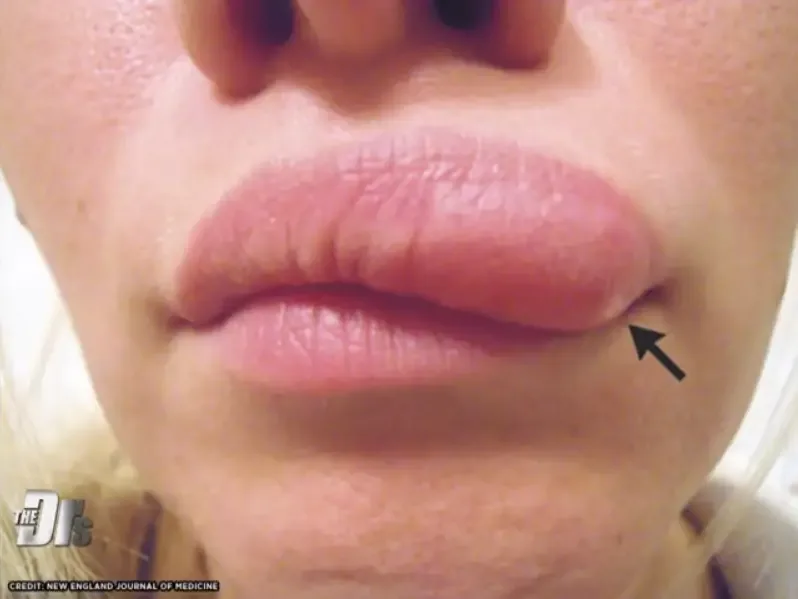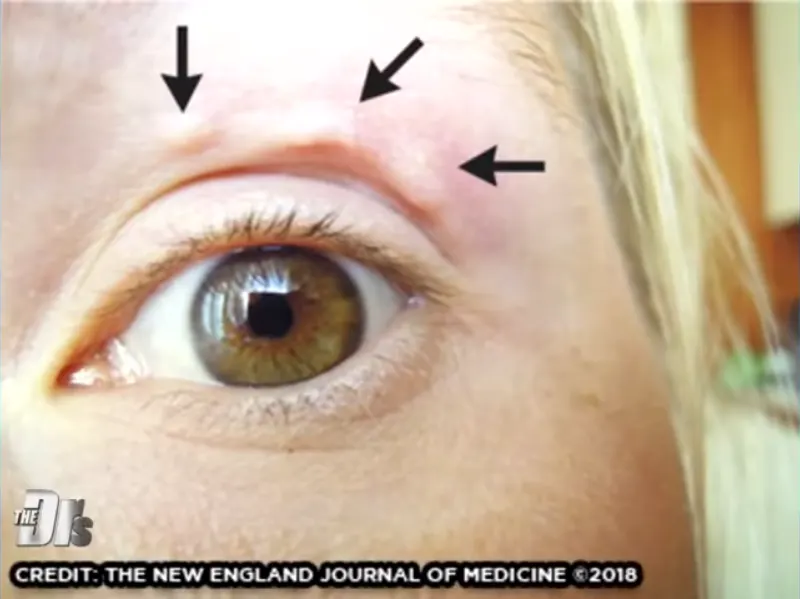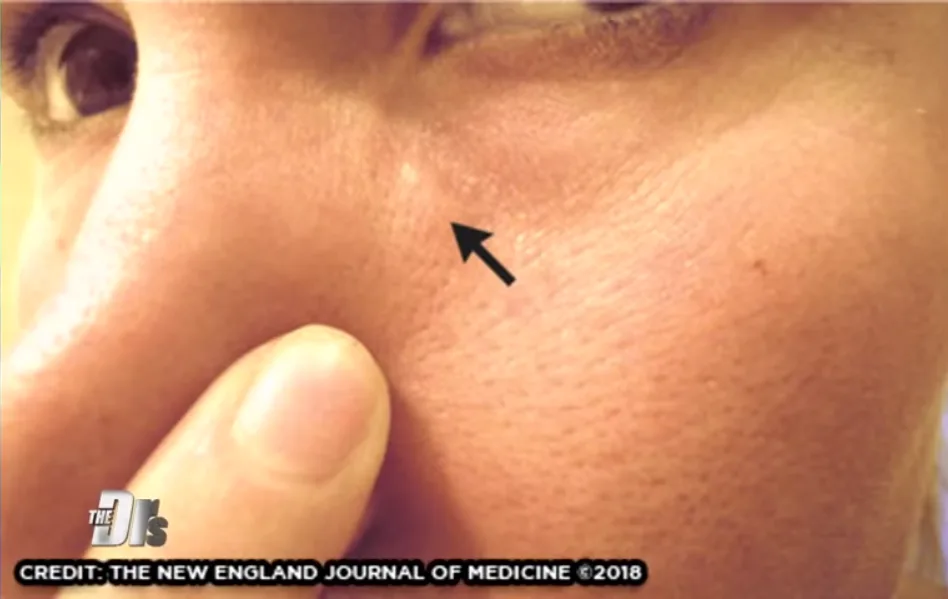A woman from Russia noticed something odd about her face. A lump began growing on her lower left eye, which also started to get itchy.
But since the lump didn’t protrude or impact her vision and activities, the unnamed woman ignored the growth.
Much to her surprise, however, the lump disappeared on her left eye days after she discovered it.
But soon after, she noticed another growth on her upper lip. She decided to get this checked with a doctor who determined that the lumps weren’t exactly a skin formation.

Instead, the doctor told her she had a live and moving worm on her face and that she also needed to undergo a minor operation so that it is pulled out.
The worm, according to CNN, is known as Dirofilaria repens. It’s a parasite that’s about six inches long, which can develop following a mosquito bite.
The adult form of this parasite can grow to 170 millimeters long and thrive in the body for 10 years if it’s not detected, according to the Center for Disease Control and Prevention.
The worm can appear, disappear and migrate in the body that’s why it can be confusing to the patient.
Most doctors are also not aware of the nature of this parasite unless they are familiar with the species.

It commonly thrives in rural parts of Moscow, as well as some parts of Europe, Asia or Africa.
Dr. Vladimir Kartashev treated the woman at the Rostov State Medical University. He asked her to take selfies as part of her diagnosis when she first came to his clinic for a consultation.
The woman also reported that, aside from the itchiness, she felt some burning sensation on her skin.
Fortunately, however, she felt no other symptoms since the worm does not usually bring any physical or internal damage.

It took Kartashev and his colleagues merely 15 minutes to completely take out the worm from the woman’s face using a set of forceps.
They had to apply local anesthesia on her skin as well but the procedure was relatively a breeze and she fully recovered from it right away.
But one case involving a German tourist, who contracted the parasite during a visit to India or Sri Lanka in 2009, did turn out to be fatal as he developed meningoencephalitis as a complication.
Kartashev said that there have been at least 10 human cases on record but generally, the public has no reason to panic about contracting the parasite since this doesn’t happen often.
Dirofilaria repens normally rest on the eyes. But there have been cases where the parasites have been found in the lungs, breast or a man’s genitals.
It is rare for Dirofilaria repens to affect humans, according to the CDC.
However, it is common for animals like dogs, cats and other carnivores to contract the parasite.
But if the worm has been taken out, there’s no need for any other drug treatment.
